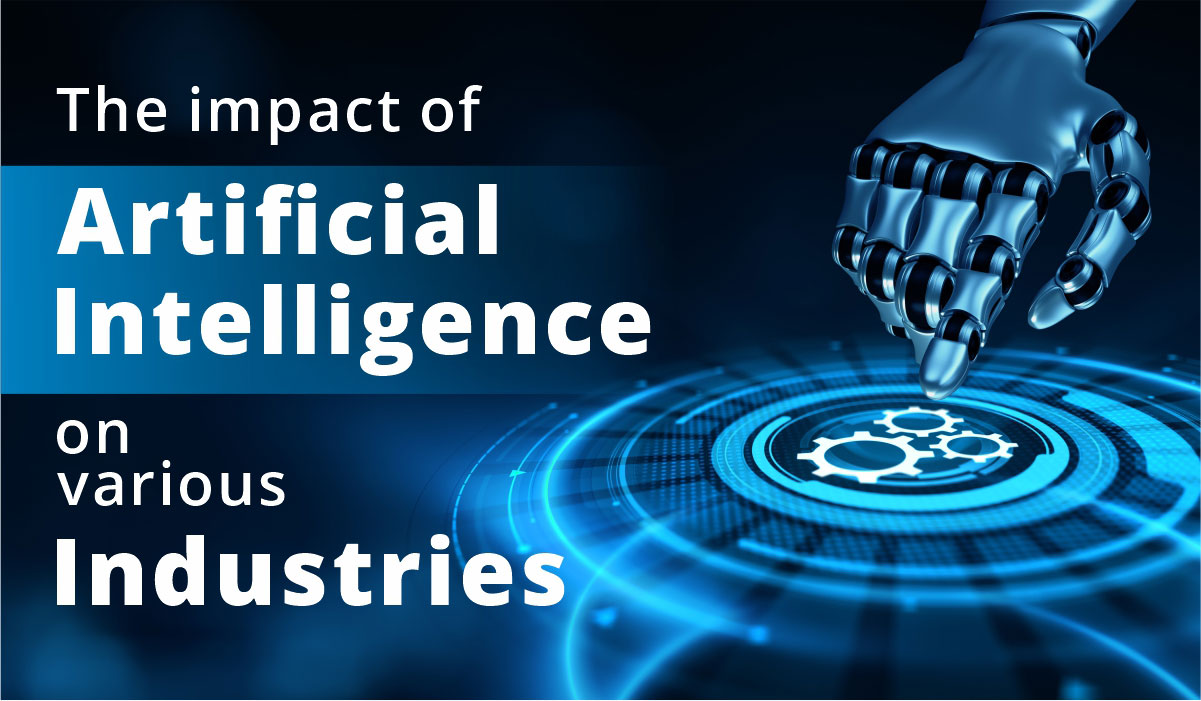The Impact of AI on the Industry
 In recent years, artificial intelligence (AI) has emerged as a transformative force across various industries, and software development is no exception. As developers seek to enhance productivity, improve code quality, and streamline processes, AI technologies are becoming integral to the software development lifecycle.
In recent years, artificial intelligence (AI) has emerged as a transformative force across various industries, and software development is no exception. As developers seek to enhance productivity, improve code quality, and streamline processes, AI technologies are becoming integral to the software development lifecycle.
One of the most notable applications of AI in software development is in code generation and assistance. Tools like GitHub Copilot leverage machine learning models to suggest code snippets and complete functions as developers write. This can significantly reduce the time developers spend on routine coding tasks, allowing them to focus more on problem-solving and creative aspects of software design.
AI is also making strides in testing and quality assurance. Automated testing frameworks powered by AI can analyze code changes and find potential bugs with greater accuracy than traditional methods. By predicting which parts of the code are likely to contain errors, AI-driven testing tools help teams prioritize their testing efforts, ultimately resulting in faster development cycles and more reliable software.
Another significant advancement is the use of AI in project management and resource allocation. Machine learning algorithms can analyze historical project data to identify patterns that lead to risks and delays. This insight enables software teams to anticipate challenges and allocate resources more effectively. Additionally, AI tools can assist in estimating project timelines and costs, leading to more reliable planning and increased client satisfaction.
Furthermore, AI-powered chatbots and virtual assistants are improving communication within development teams and between developers and stakeholders. By automating routine inquiries and facilitating information sharing, these tools can enhance collaboration and ensure that issues are resolved more quickly.
While the benefits of AI in software development are substantial, it is essential to recognize the challenges. Developers must remain vigilant about ethical considerations, such as data privacy and bias in algorithms. Ensuring that AI tools are transparent and fair is crucial for maintaining trust in software systems.
In conclusion, AI is reshaping the landscape of software development by enhancing efficiency, improving code quality, and facilitating better project management. As these technologies continue to evolve, they promise to further revolutionize how we approach software development, making it more innovative and effective. Embracing AI in development practices is no longer optional; it’s a necessity for teams aiming to remain competitive in a rapidly changing technological environment. The future of software development is bright, and AI is at the forefront of this exciting transformation.